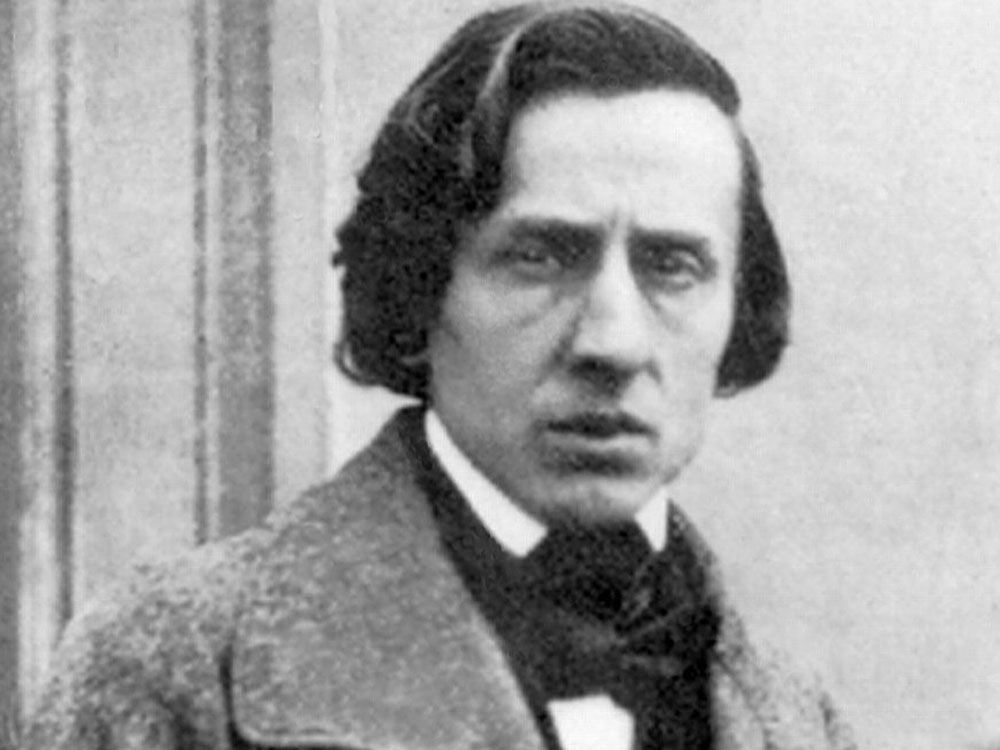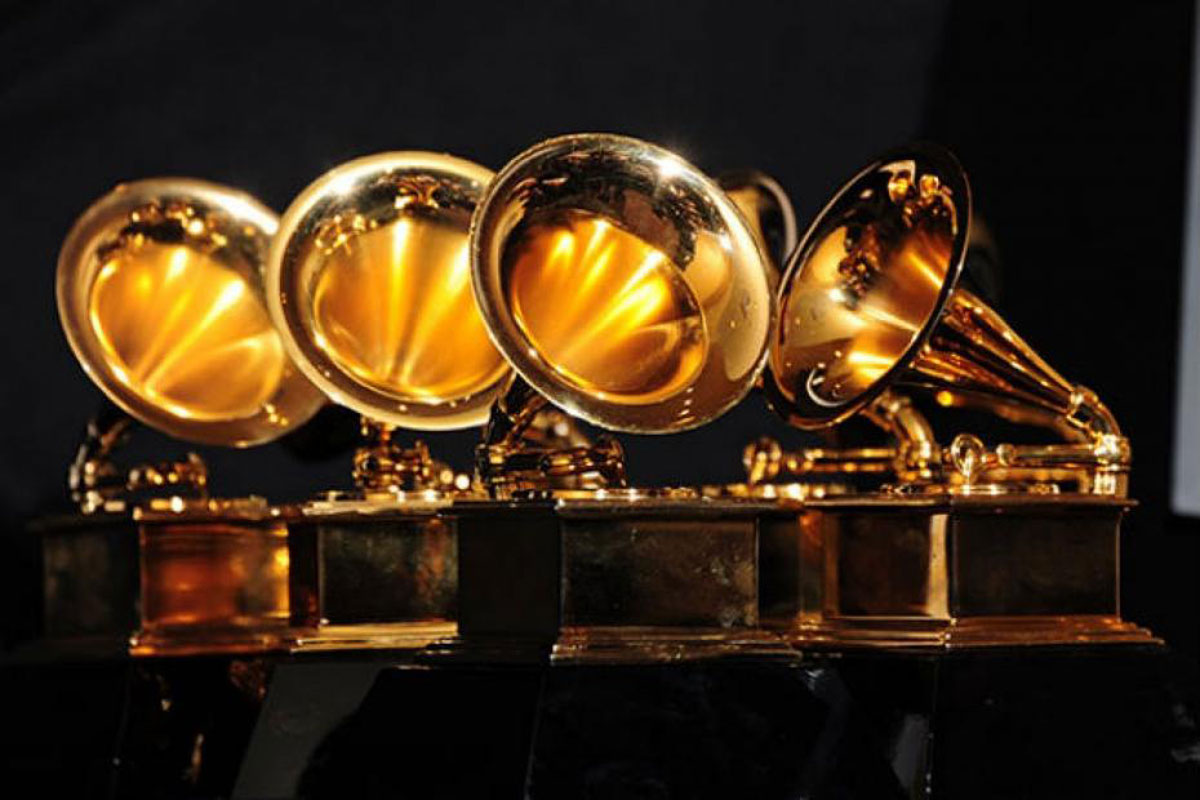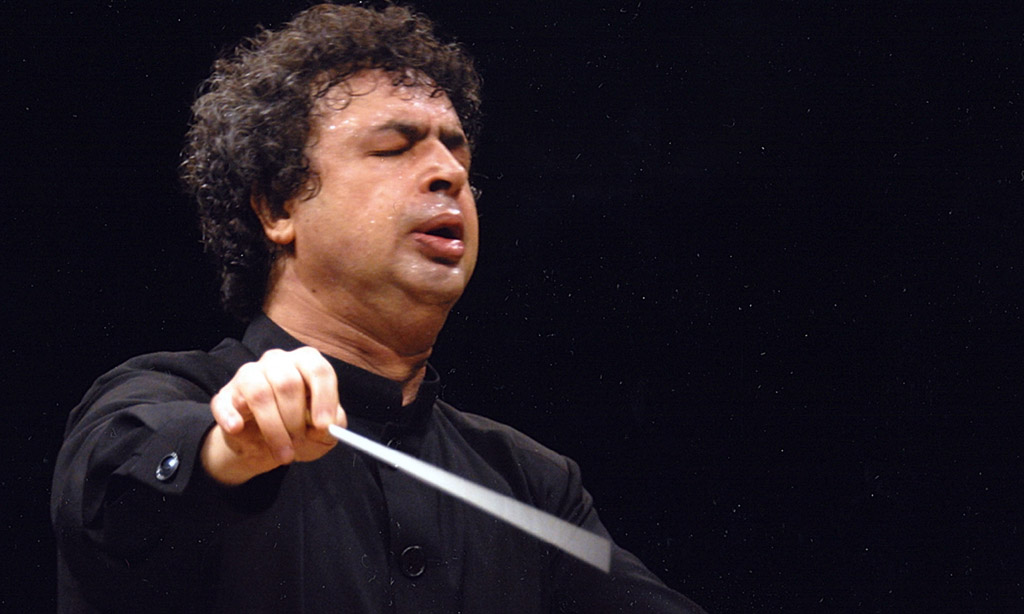Brahms Sextets: The Cypress Quartet’s Swan Song
The San Francisco-based Cypress String Quartet disbanded last summer after twenty years. Their final recording, featuring Johannes Brahms’ two String Sextets, was released in January. The Cypress was joined by cellist Zuill Bailey and violist Barry Shiffman for the album, recorded in front of a live audience at the Skywalker Sound Studio. Recently, the Cypress Quartet’s cellist, Jennifer Kloetzel, sat down with Richmond Public Radio’s Mike Goldberg to talk about the recording. Here is …







